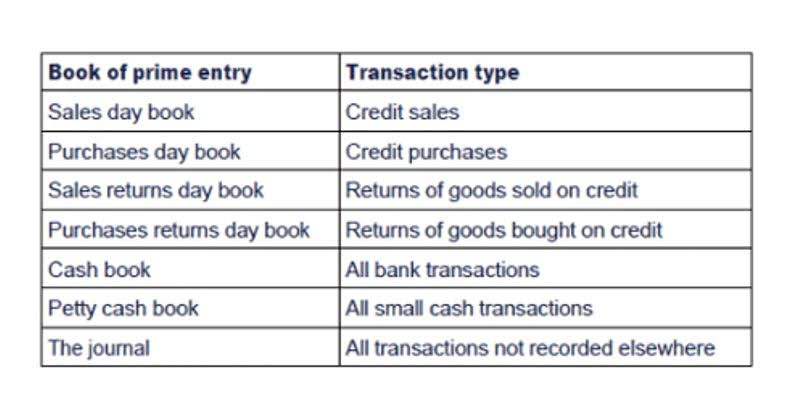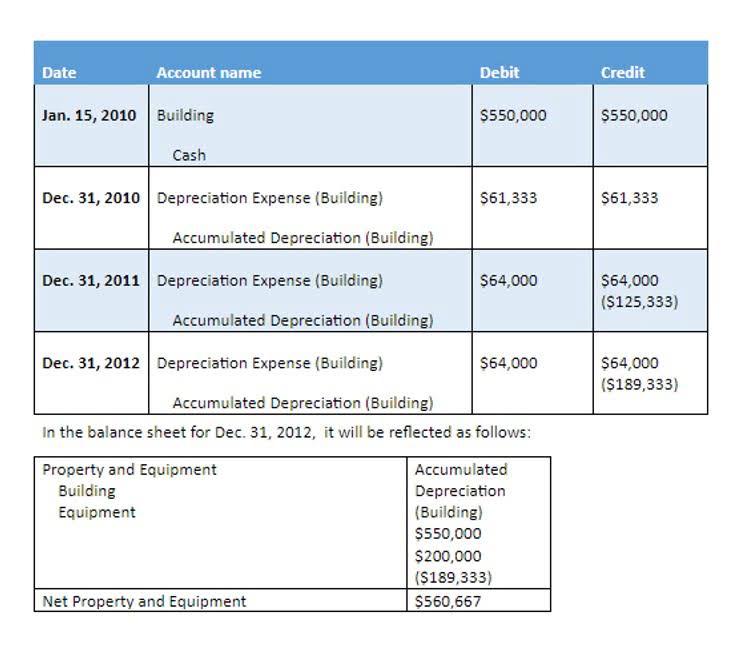
However, due to cost constraints, you can consider outsourcing the role of a controller and engaging a fractional CFO in place of a full-time CFO. In a large organization, it is important to have divisional and sub-divisional heads to look after the smooth function of the various roles. That’s why heads like CFO and controller play a very important part in the http://www.huismanergo.nl/2025/02/12/what-is-business-accounting-types-and-benefits/ functioning and decision-making of an organization. A CFO on paper is responsible for anything to do with finance in a company. The controller is responsible for approving all day-to-day transactions within the organization and creating recurring and monthly reports.
- Hence, finance directors or controllers have become deeply embedded in the organization’s procedures/workflows, or in the simple way, dealing with an internal scale.
- Think of the hierarchy of financial needs as a pyramid, with each level of the pyramid representing a different level of need.
- Such a candidate will be uniquely equipped to understand the pressures of the CEO position and offer sage advice.
- Controllers ensure the company complies with all financial regulations and standards.
- What sets financial controllers apart is their capacity to integrate detailed financial oversight with a strategic vision.
Key Differences and Collaboration

But how do you know whether a CFO or controller is right for your business? Nick is a freelance writer with an MPA in public finance from the O’Neill School at Indiana University. When he isn’t writing or thinking about economics, he’s probably playing music cfo vs. controller or basketball. It’s natural to be hesitant when considering help, especially when that expertise will not generate new revenue. Despite comptrollers often carrying more responsibility than their counterparts, the largest distinction between the roles is salary.
Cash Flow from Operating Activities Explained: A Practical Guide for UAE Finance Teams
They are responsible for identifying opportunities for growth and making recommendations to the CEO and board of directors. The CFO is also responsible for managing risk and ensuring that the company’s financial resources are being used effectively. The Chief Financial Officer (CFO) is responsible for the overall financial health of an organization. They oversee financial planning, budgeting, and reporting, and are responsible for ensuring compliance with accounting standards and regulations. When your company reaches that size, you want someone to help you figure out your company’s financial operations, which includes setting internal controls and monitoring them. A fractional CFO (or controller) is a part-time position often hired by startups on a contractual basis.

Controller vs CFO: Role Differences & Responsibilities
CFO is often assigned to help CEO make forecasts, do cost-benefit analyses, or track revenues and expenses. For instance, Sarbanes-Oxley law requires publicly traded companies’ CFOs to certify financial statements; Controllers prepare those statements but do not sign off publicly. Comptrollers in government might even approve budgets and spend public funds, a step beyond a corporate Controller’s duties. That said, it can be tricky for many business owners to figure out whether they need a CFO or a controller. And while we believe that a company of any size can benefit from the services of a fractional CFO, things are rarely so clear-cut.
- Financial controller is a senior financial officer who supervises the financial department of a company and is responsible for its financial accuracy, performance, and compliance.
- They collaborate with other departments, such as operations and HR, to ensure that the organization is running efficiently and effectively.
- They manage finances and provide an accurate picture of your company’s financial health, all while building its financial engine from the ground up.
- Fractional CFOs and controllers typically work for multiple companies at the same time, limiting their time spent to a set amount of hours per week.
- This is exceptionally true for businesses in dynamic environments, where the customer demand and business demand is ever-changing.
It is the role of the controller to plan the finance activities of a company, set up internal controls, etc. Controllers handles the preparation of various reports, including accounting financial report, income statements, balance sheets, forecasts, etc. recording transactions They also make sure that accounting transactions are managed correctly, so that accurate financial records are maintained. Collaboration between the financial controller and CFO is critical for organizational success.

Tips for hiring a controller:
- CFOs are responsible for the strategic future of organizations, reporting to the CEO, board of directors, and investors.
- This includes reviewing the finances of each department, analyzing budgets, etc., to determine the current needs of a company.
- Controllers are executive-level accountants who manage the day-to-day tracking and reporting of your financial activities.
- The CFO analyzes data provided by the controller to make informed decisions about investments, resource allocation, and business development.
- To give you a little more insight, here are some situations which prompt small business owners to hire a controller.
They can also be a good solution for companies undergoing a transition, such as mergers or acquisitions. As companies grow and complexity increases, a controller will eventually become necessary. If your company is growing rapidly, or if you’re looking to take it public, you’ll need a CFO on board. As companies expand horizontally or vertically into new markets, their finances become more complex.













